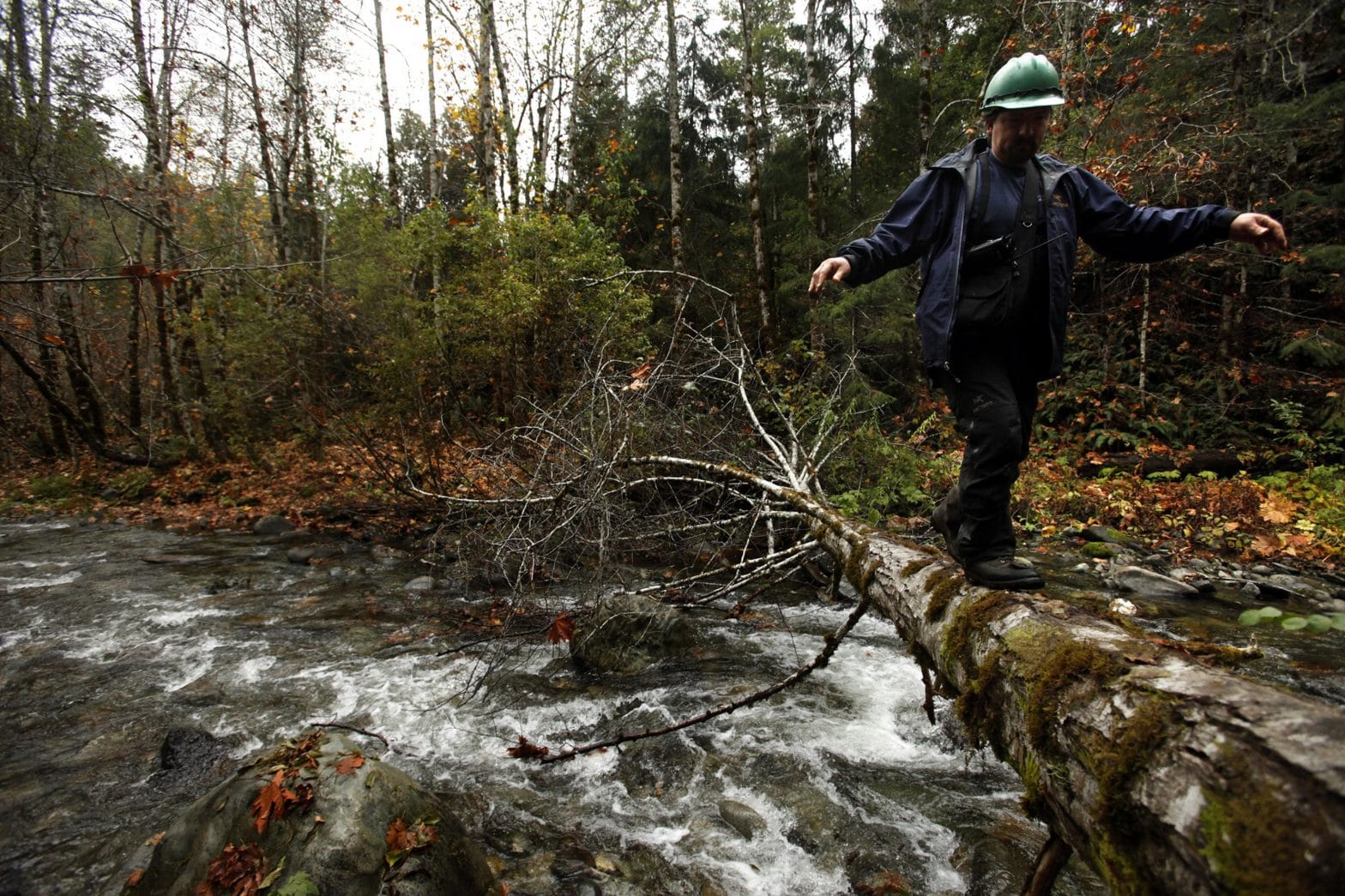As ESA Celebrates 50 Years, Congress Approves Unprecedented Resolutions to Gut Wildlife Protections
COMMENTARY

Last week, northern long-eared bats (cave hibernators who have suffered devastating losses due to the impacts of white-nose syndrome) and lesser prairie-chickens (ground-nesting birds of the southern Great Plains known for their showy spring mating dances), were sacrificed for the sake of political expediency.
As we celebrate the 50th anniversary of the Endangered Species Act this year, the House passed two resolutions July 27 that void hard-won ESA protections for these two species, setting a dangerous precedent for other imperiled species. The Senate narrowly voted in favor of both resolutions in May.
Using the Congressional Review Act, an obscure law that authorizes Congress to overturn rules recently promulgated by federal agencies, these resolutions sideline scientific peer review and meaningful public debate in favor of a sledgehammer approach to issues that deserve nuanced consideration.
Furthermore, because the Congressional Review Act prevents a federal agency from creating another regulation in the future that is “substantially the same” as the voided one, it might prove impossible to ever relist these species — even when they are on the verge of extinction.
Fortunately, President Biden has vowed to veto the resolutions. Yet these two species, along with others, such as the gray wolf, sage grouse and northern spotted owl, have become high-profile targets for anti-ESA campaigners, who — despite the current biodiversity crisis — elevate industry interests above scientific decision-making.
The U.S. Fish and Wildlife Service, after concluding a rigorous process based on the best available science, decided in November 2022 to list the lesser prairie-chicken and the northern long-eared bat under the ESA.
The northern long-eared bat’s population has plummeted by 99% in the past two decades due to white-nose syndrome. Their recovery is further complicated by some forms of wind energy development, habitat destruction and climate change.
Since 2021, the lesser prairie-chicken has lost 20% of its population and now inhabits less than 10% of its former range, which has been fragmented by oil and gas development. Despite the species’ dwindling numbers, attorneys general in Texas, Kansas and Oklahoma, and ranchers’ associations, have sued in federal court to rescind the ESA listing.
Why should we care about the future of these species? As federal wildlife officials noted in their ESA listing announcement, “the lesser prairie-chicken serves as an indicator for healthy grasslands and prairies — needing large, unfragmented parcels of intact native grasslands to maintain self-sustaining populations. This makes them an important measure of the overall health of America’s grasslands, a treasured and storied landscape.”
Northern long-eared bats, found in 37 eastern and north-central states, Washington, D.C., and Canada, “contribute at least $3 billion annually to the U.S. agriculture economy through pest control and pollination,” according to USFWS.
The ESA was once so uncontroversial that it passed Congress nearly unanimously and was signed by President Richard Nixon in 1973. In recent decades, however, the landmark conservation law has become a political flashpoint used by opponents to misleadingly pit species conservation against economic enterprise.
There is still time to tell your federal representatives to stop pushing an anti-science, anti-conservation agenda. These alarming measures are a harbinger of conservation battles to come; the outcome will determine the future of America’s wildlife.
Kate Dylewsky is assistant director for government affairs at the Animal Welfare Institute in Washington, D.C. She can be reached at: @AWIOnline.
























